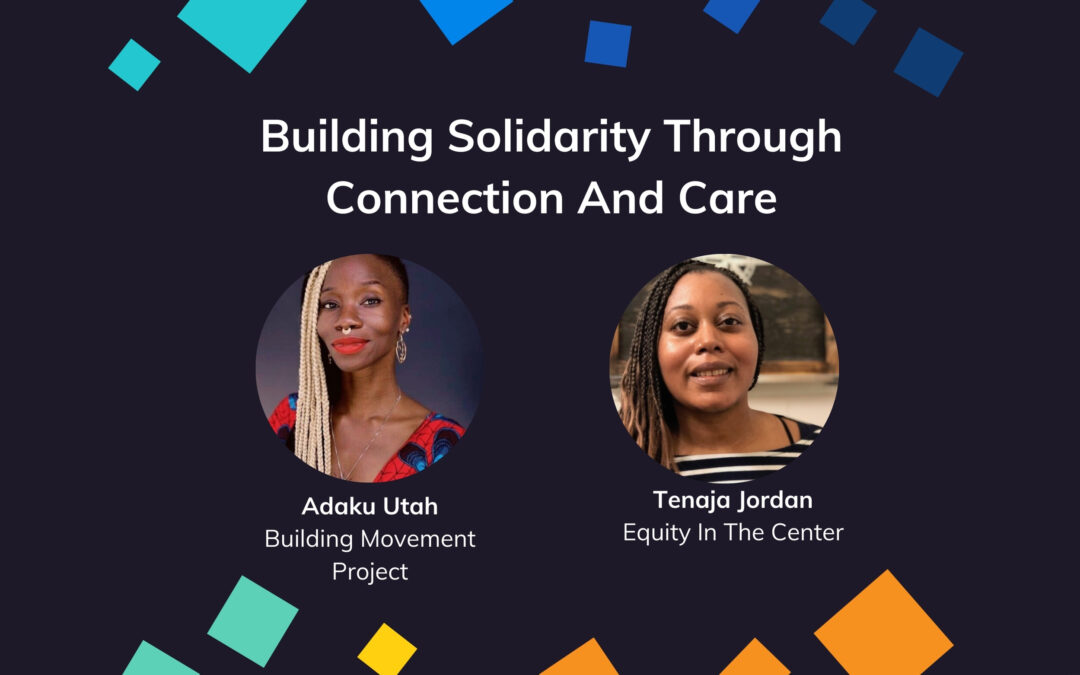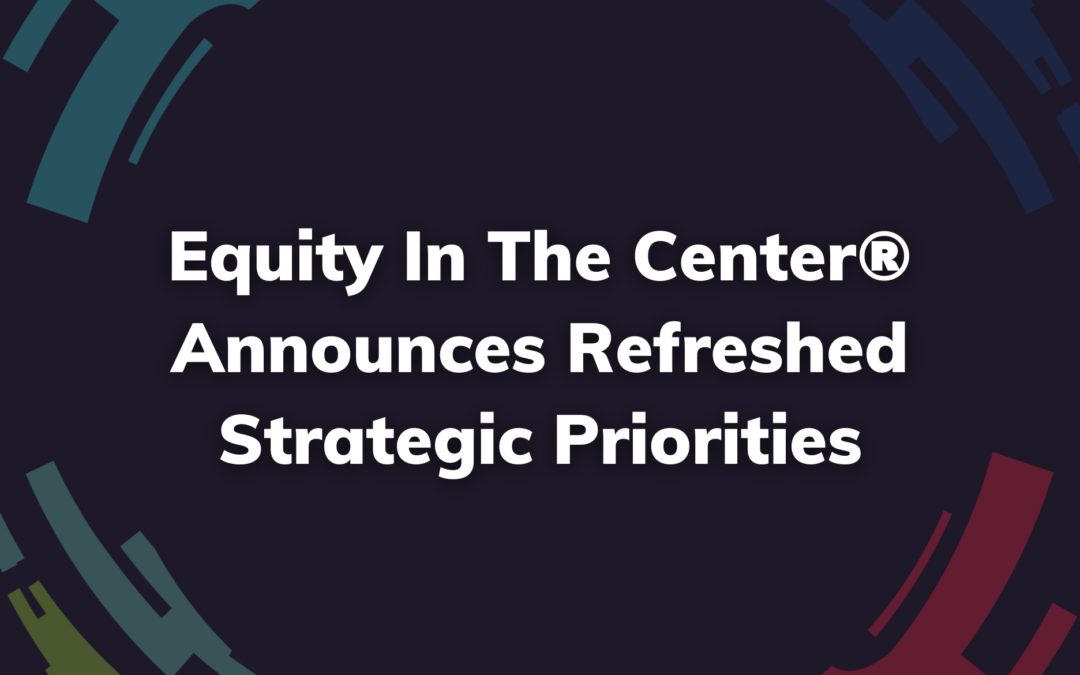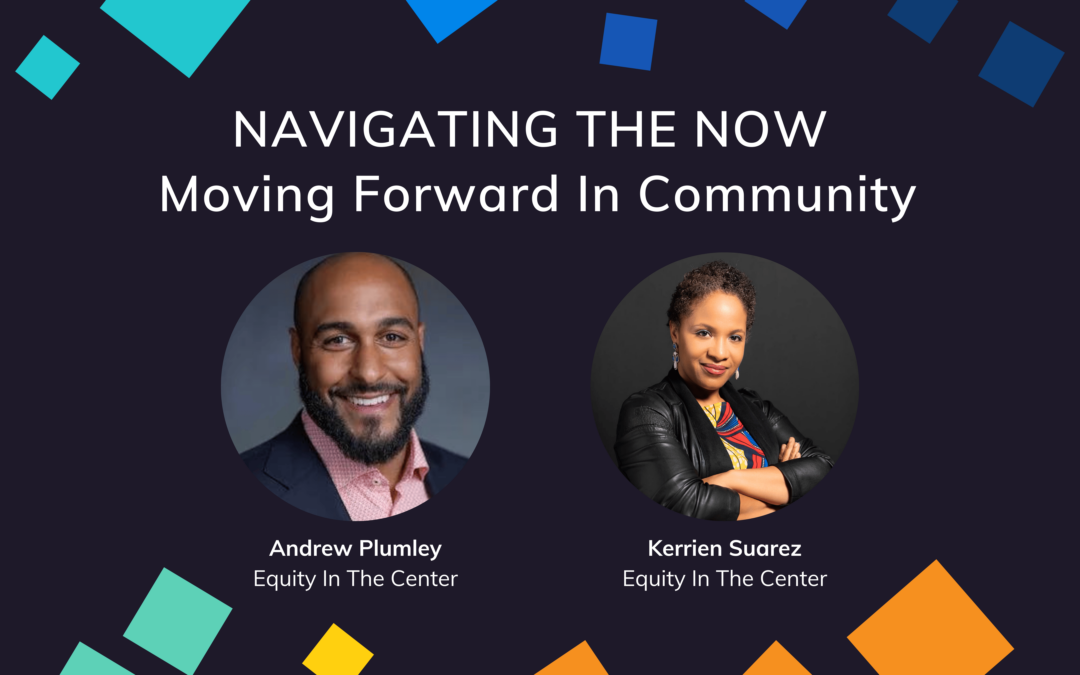
Saludos/Greetings I’m Grisel M. Robles-Schrader, Director of Evaluation, Stakeholder-Academic Resource Panels (ShARPs), and Director of the Applied Practice Experience at Northwestern University. I am also co-chair of the Latinx Responsive Evaluation Discourse (La RED) TIG.
And I’m Robin Horner, a member of La RED and the evaluation manager with Korwin Consulting, an evaluation and planning firm based in the SF Bay Area.

Centering the voices of Latina/o/x community members in evaluation practice means developing evaluation frameworks, plans, tools, and products in partnership with the people who are most affected by the programs or issues at the evaluation’s focus. Critical to the process is recognizing that the Latina/o/x community represents a diversity of histories, cultures, languages and dialects, and traditions. Hot Tip: Start where you are: An evaluation approach that centers Latina/o/x communities will be much more likely to be designed and implemented well if your own institution or consultancy has intentionally integrated racial equity practices, than if it has not.
Equity in the Center offers convenings, tools, and resources to increase the capacity of leaders to drive race equity in their organizations. Their report, Awake to Woke to Work: Building a Race Equity Culture outlines concrete steps to take to build a Race Equity Culture within any workplace. The model below from the report illustrates 7 strategic elements that an organization can leverage to move through a Race Equity Cycle from awareness (“Awake”) to evolving (“Woke”) to implementation (“Work”).
Lesson Learned: Sometimes your institution or clients (if you’re a consultant) understand the importance and the value of authentically integrating community members throughout the evaluation process, but resist based on assumptions about how complex or costly they think it will be to put this value into practice. It can be helpful to build in time for conversations and come ready with concrete suggestions for when, how, and with whom this can be done – and what resources (money and personnel) it would take.
Rad Resources:
Why am I always being researched? by Chicago Beyond reviews 7 inequities that shape research/evaluation projects. The guide offers reflection questions and strategies specific to community organizations, researchers/evaluators, and funders to shift the paradigm to benefit communities.
Community Tool Box, a project of the University of Kansas, provides rationales, tools, checklists, and links to online resources to support the inclusion of community members in the design and implementation of any evaluation related to projects they are “connected to or affected by.” The information in Section 6: Participatory Evaluation on their site can be especially useful as you prepare to communicate why and how to ensure authentic community involvement in evaluation.
There are several language justice collectives doing good work, which can help your team reflect on and prepare for the language needs of communities served and community partners engaged in your evaluation project, such as: Antena and Caracol, or you can contact the folks at Antena for resources in your area. Look for a blog specifically about language justice this Thursday.

The American Evaluation Association is celebrating Latina/o Responsive Evaluation Discourse TIG Week. The contributions all this week to aea365 come from LA RED Topical Interest Group members. Do you have questions, concerns, kudos, or content to extend this aea365 contribution? Please add them in the comments section for this post on the aea365 webpage so that we may enrich our community of practice. Would you like to submit an aea365 Tip? Please send a note of interest to aea365@eval.org. aea365 is sponsored by the American Evaluation Association and provides a Tip-a-Day by and for evaluators.



